
views
It’s intriguing how and why individuals grapple with feelings of loneliness despite living in an era where technological connectivity is at its peak. This is concerning as various studies show increasing statistics of growing loneliness across age groups. From a dwindling social circle in old age due to retirement and the loss of loved ones, to changing family structures and living patterns during adulthood, and an increasing preoccupation with virtual reality among youngsters, loneliness does not discriminate.
Vaishali Arora, Clinical Psychologist, Lissun, a mental health startup, says, “Loneliness is not merely the absence of social contact, but rather a subjective experience characterized by feelings of emptiness, disconnection, and perceived social isolation. Disillusioned by constant connectivity through technology, it is not just about the number of people around you, but also the quality of these connections.”
With a phenomenon that has serious and detrimental effects on health in terms of cardiovascular health risks, dementia, and various mental health risks, it’s no surprise that WHO has declared it a global health threat. Findings across research converge on the conclusion that socially connected people live longer.
A widespread problem such as this, requires a multipronged approach. Public scale changes such as the building of community resources and infrastructure that is accessible to the masses are required. These places and events of social interaction can help build connections across age groups and communities.
Arora shares, “In organizations, creating conducive environments for interaction and camaraderie between employees can help tackle isolation at work. An off-site meeting, an evening activity, collaborations between workers, or solving a shared challenge can create deeper relationships between the employees and spur conversations.”
As individuals living a life of online dating, online shopping, and online food ordering, we are left feeling isolated, insignificant, and invisible. No amount of virtual interaction can make up for the lack of physical presence of people. It is only imperative that we unplug and participate in the environment around us. “Strong social relationships are built on meaningful shared experiences, and they thrive when they are mutually beneficial. Nurturing existing relationships through genuineness and effort makes a difference. People can join communities and groups of their interests to form new connections and instill a sense of belongingness. Practicing gratitude and altruism can help a person feel purposeful and life satisfaction,” explains Arora.
On this World Health Day, let us reaffirm our efforts to build resilient communities where every individual feels valued, connected, and supported. After all, we might feel lonely, but we are not alone in feeling it.











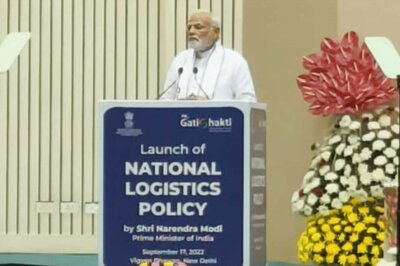



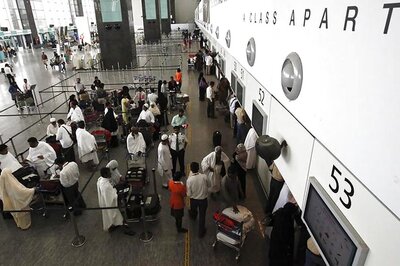
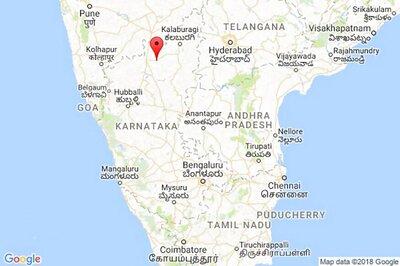
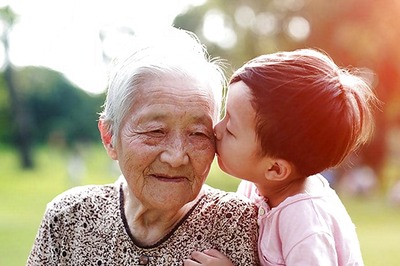
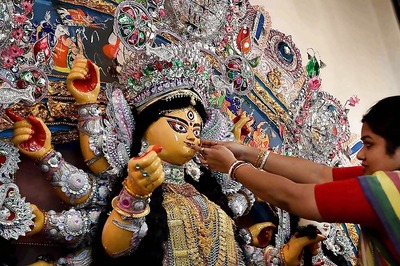
Comments
0 comment